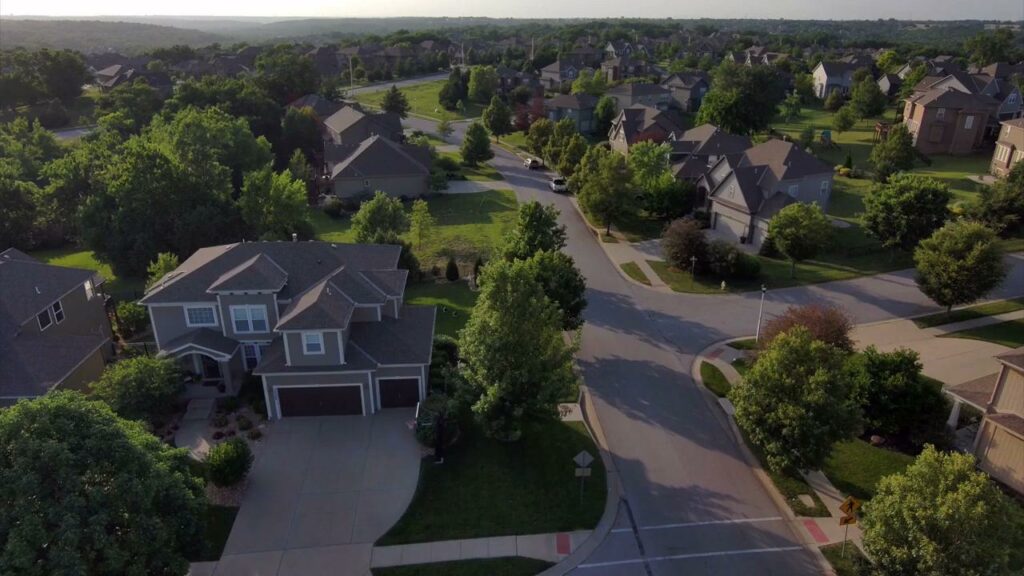 How Spokane’s New High Housing Impact Fees Hurt Low Income Residents the Most
How Spokane’s New High Housing Impact Fees Hurt Low Income Residents the Most
Spokane City Council members have passed the largest impact fees in history. This represents a 10-fold increase that will greatly damage the housing industry in Spokane. What’s missing from the debate is the damaging effect this will have on our most vulnerable citizens.
First, these fees are NOT paid by developers. They are paid entirely by new buyers. In fact, when it comes to water and sewer hook up fees, these are charged at the completion, literally adding an extra $20,000 or more to the price of the home. The result, by estimates made by the National Homebuilders Association, show this increase alone will price out some 3,700 Spokane families from qualifying to buy a home.
These fees are unfair.
A small one-bedroom home will pay the same rate as a multi-million dollar mansion. For example, adding a small Accessory Dwelling Unit will cost the homeowner an extra $20,000 or more.
The city will tell you it’s offering a waiver if you make less than $84,000 a year. But there is a dangerous catch. They insist you attach language to your title that prevents you from ever selling that home at market rate, and ONLY to someone who makes less that $84,000. This denies families the opportunity to grow family wealth enjoyed by every other home owner.
Fewer Housing Options Squeeze People Out
Lost in the shuffle is the dramatic increase in the cost of water and sewer to fourplexes. The new rate would add $100,000 or more to the cost of construction. This alone would add hundreds per month to rent, at a time when we have dangerously low availability, and double-digit rent increases.
Historically, those who have benefited the most from hook-up fee waivers have been those in underserved communities such as the East and West Central Neighborhoods. This plan now takes that waiver away, under the argument that lower income families have not been paying their fair share.
Spokane is facing a housing crisis. One in four families are under housed here. We must do better. Especially for those who are the most vulnerable in our community.